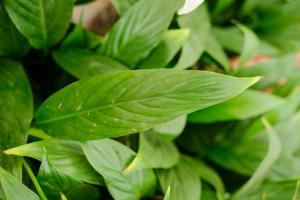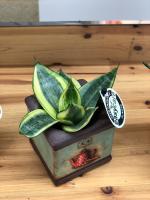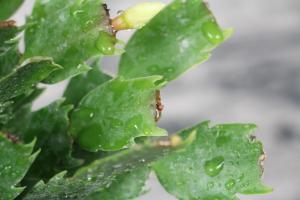What to Plant After Rose Rosette Disease
Rose rosette disease is a devastating condition that has become increasingly common among roses in recent years. This disease is caused by a virus that is spread by a tiny mite and can cause significant damage to rose plants. If you are a rose lover and have been affected by this disease, you may be wondering what to do next. In this article, we will look at what you can plant after rose rosette disease to keep your garden beautiful.
1. Consider alternative plant options
If you have had to remove infected roses from your garden, it may be time to consider planting something else entirely. There are many beautiful plants that you can choose from that will provide color, texture, and fragrance to your garden. Consider planting shrubs like hydrangeas, viburnum, or forsythia, which all offer beautiful blooms in the spring. You can also plant ornamental grasses, which add texture and interest to any garden. There are many options to choose from when it comes to finding a new plant to replace your infected roses.
2. Try resistant rose varieties
If you still want to plant roses in your garden, there are some varieties that are resistant to rose rosette disease. Look for roses that have been bred to resist the virus, as they will have a better chance of surviving and thriving in your garden. Some resistant rose varieties to consider include Knock Out, Drift, and Oso Easy roses. These varieties are not only beautiful, but they are also disease-resistant, making them a great choice for any garden.
3. Consider soil improvement techniques
If you have had to remove roses from your garden due to rose rosette disease, it is important to consider soil improvement techniques before replanting. One of the biggest challenges with rose rosette disease is that it can remain in the soil for years, even after the infected plant has been removed. This means that if you want to replant roses in the same area, you will need to take steps to improve the soil quality. Consider adding compost or other organic matter to the soil to improve its health and fertility. You can also add beneficial microbes to the soil to help combat any lingering viruses or diseases.
In conclusion, rose rosette disease can be a devastating condition for any gardener to face. However, there are many options available to you when it comes to replanting your garden. Consider alternative plant options, try resistant rose varieties, and improve the soil quality to help keep your garden healthy and beautiful. With a little bit of planning and effort, you can create a spectacular garden that will bring you joy for years to come.

 how many times do yo...
how many times do yo... how many planted tre...
how many planted tre... how many pine trees ...
how many pine trees ... how many pecan trees...
how many pecan trees... how many plants comp...
how many plants comp... how many plants can ...
how many plants can ... how many plants and ...
how many plants and ... how many pepper plan...
how many pepper plan...
































